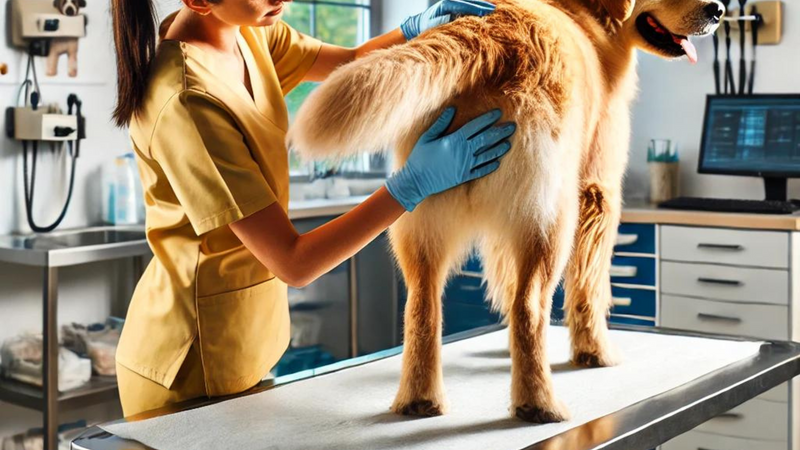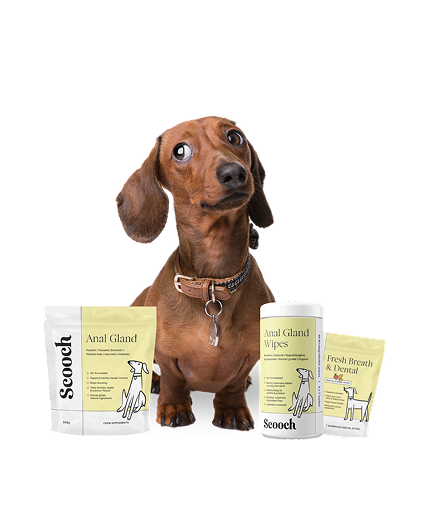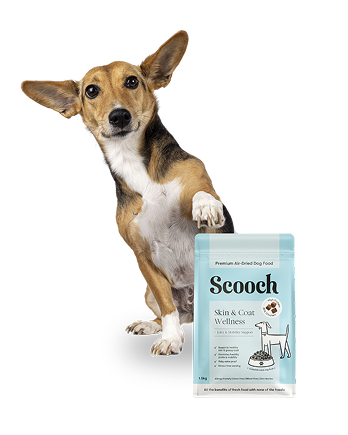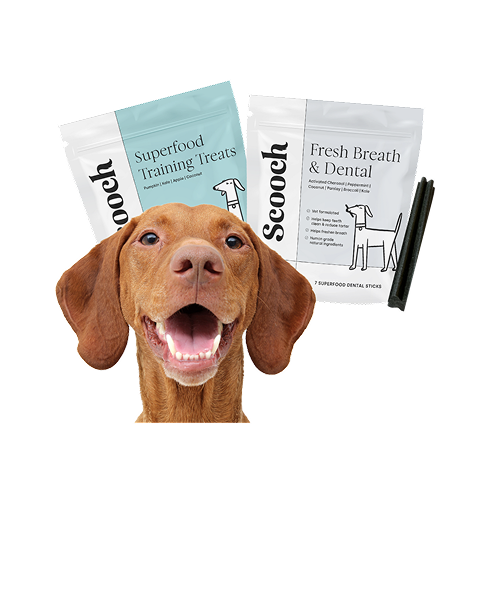
Why is my dog smelling fishy?
As a devoted dog owner, you’re probably quite familiar with your furry friend’s normal scent. So, when your dog starts emitting a fishy odor, it can be both surprising and concerning. Don’t worry—you’re not alone! Many dog owners have faced this smelly conundrum. Let’s explore the common causes behind a fishy-smelling dog and what you can do to address it.
1. Anal Gland Issues
The most common reason for a fishy smell is related to your dog’s anal glands. Dogs have two small sacs located on either side of their anus that produce a fishy-smelling secretion. Normally, these glands express themselves when your dog defecates. However, if the glands become impacted or infected, they can leak, leading to that unmistakable odor.
What You Can Do:
- Vet Visit: If you suspect anal gland problems, it’s best to have your vet check and, if necessary, express them.
- Regular Check-ups: During routine vet visits, ask your vet to check your dog’s anal glands to prevent future issues.
- Dietary Fiber: Adding more fiber to your dog’s diet can help ensure the glands express naturally.
2. Dental Issues
A fishy smell could also be emanating from your dog’s mouth. Dental issues such as periodontal disease, plaque buildup, or a foreign object stuck in their mouth can cause bad breath that might be perceived as fishy.
What You Can Do:
- Regular Dental Care: Brush your dog’s teeth regularly with canine toothpaste.
- Dental Treats and Chews: These can help reduce plaque buildup.
- Professional Cleanings: Regular dental check-ups and cleanings by your vet can prevent and treat dental issues.
3. Skin Infections
Skin infections, especially those caused by yeast or bacteria, can sometimes produce a fishy odour. Dogs with skin folds, like Bulldogs or Pugs, are particularly susceptible to these infections.
What You Can Do:
- Bathing: Regular baths with a vet-recommended shampoo can help keep skin infections at bay.
- Check for Hot Spots: Inspect your dog regularly for any red, irritated areas and consult your vet if you find any.
- Healthy Diet: A balanced diet can support skin health and prevent infections.
4. Ear Infections
Dogs with floppy ears or those that frequently swim are prone to ear infections, which can sometimes emit a fishy smell. Yeast or bacteria in the ear canal is usually the culprit.
What You Can Do:
- Ear Cleaning: Regularly clean your dog’s ears with a vet-approved solution.
- Dry Ears Thoroughly: After swimming or bathing, make sure to dry your dog’s ears completely.
- Vet Check: If you suspect an ear infection, seek veterinary treatment promptly.
5. Diet
Sometimes, the fishy smell can come from your dog’s diet, especially if they consume fish-based foods or treats. While not necessarily a sign of a health problem, it can still be unpleasant.
What You Can Do:
- Dietary Adjustment: If the smell is bothersome, consider switching to a different type of food after consulting with your vet.
- Monitor Treats: Check the ingredients in your dog’s treats and snacks.
Final Thoughts
A fishy-smelling dog can be a puzzling and unpleasant issue, but it’s often manageable with the right approach. By understanding the common causes and taking proactive steps, you can help keep your dog smelling fresh and feeling great. Regular vet visits, good hygiene practices, and a healthy diet are key to preventing and addressing the sources of that fishy odour.
Here’s to a sweet-smelling, happy pup and a more pleasant cuddle time for both of you!




 Scooch health
Scooch health